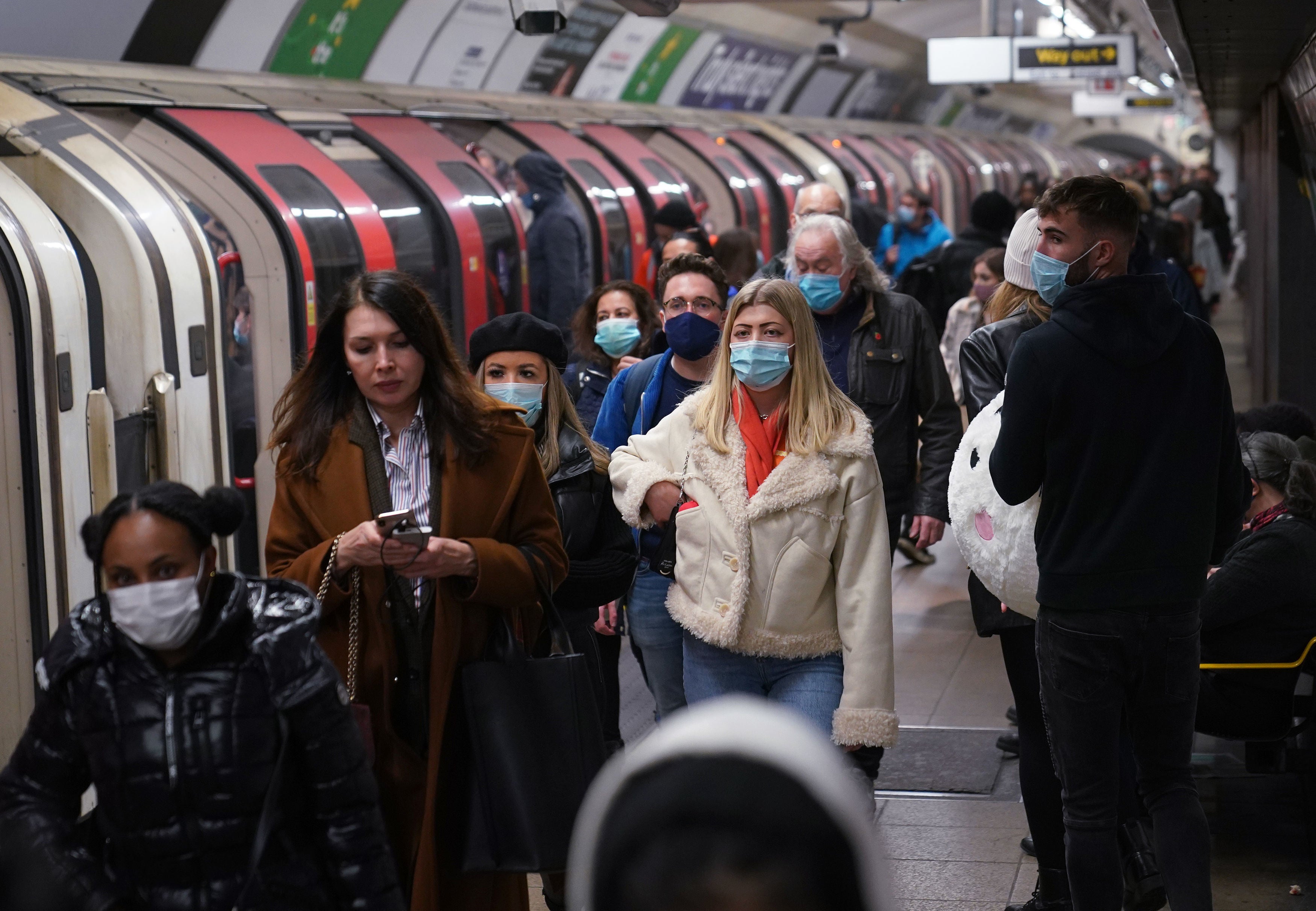‘No room for complacency’ on Covid as milder virus ‘still leading to persistent health problems’
An expert has warned the pandemic ‘is still very much ongoing’, reports Andy Gregory


There is “no room for complacency” in the UK’s response to the coronavirus pandemic, with the milder disease seen in recent months “still leading to persistent health problems,” an expert has warned.
The pandemic “is still very much ongoing” and “further variants have the potential to reduce the protection from vaccines and previous infection”, according to Dr Sarah Scobie of the Nuffield Trust health think-tank.
In highlighting the dangers presented by the Omicron variants despite the milder illness they tend to provoke, Dr Scobie pointed to Office for National Statistics (ONS) figures – the latest showing that 2 million people living in private households were experiencing self-reported long Covid at the start of May.
This equates to 3 per cent of the population experiencing symptoms stretching more than four weeks after infection, but 30 per cent of those self-reporting long Covid symptoms believe their infection began before the Alpha variant became dominant in January 2021.
The majority of those suffering long Covid report suffering fatigue, while nearly a third suffer from shortness of breath, with 71 per cent saying their symptoms adversely affect their ability to carry out day-to-day activities, according to the ONS.
Dr Scobie’s comments, published in the British Medical Journal this week, come as the number of people estimated to have Covid-19 in the UK has risen by 50 per cent in the past month, according to the Zoe Covid study.
Some 2.55 million people are estimated to have the virus currently, with 233,820 people reported to have contracted Covid on Wednesday, the latest figures show. This remains significantly lower than a peak of around 350,000 daily infections at the end of March.
Asked about the situation on Friday, however, England’s former deputy chief medical officer Sir Jonathan Van-Tam said he saw “nothing alarmist in these figures”.
His former colleagues advising the government will be looking most closely at “how bad is this translating into the severe bits of illness we worry about most”, Professor Van-Tam told BBC Radio 4’s Today programme.
“If they’re not seeing that and it’s remaining relatively benign – and it is benign at the moment in the hospital sector in relation to Covid – from that perspective, I think they’ll have to say ‘well, you know, this is part of how we’re beginning to adjust to living with this virus in the longer term,” he added.
In terms of Covid’s deadliness, “the picture now is much, much, much closer to seasonal flu than it was [compared] to how it was when it emerged”, Prof Van-Tam said. “We just accept in the winter that if you’ve got seasonal flu and you’re poorly for a few days it disrupts your life. So I think we’ve got to start to frame Covid in a little bit more of those terms, to be truthful.”
A new study this week also gave cause for hope with regards to long Covid, with scientists studying Zoe data finding evidence that people who contract Omicron and less likely to suffer long-lasting symptoms than those infected with the previously dominant Delta variant.
The study published in the Lancet journal concluded that, while 10.8 per cent of people who tested positive for Covid while Delta was most prominent reported long Covid symptoms, this fell to 4.5 per cent among those testing positive since the emergence of Omicron.
In her article, Dr Scobie said that understanding the reasons for Covid inequalities between different population groups “remains an urgent challenge”.
Alongside inequalities between ethnic groups and according to levels of deprivation, international data indicate that the UK has unusually high excess mortality in younger age groups, said Dr Scobie, who formerly worked as an information specialist in the NHS.
Examining differences between how the devolved nations have fared during the pandemic, Dr Scobie noted that the shape of the pandemic in each UK country has been broadly similar, with big shifts seeming to have been driven by the course of the virus itself, such as the arrival of new variants, and the introduction of vaccines and treatments.
“From the current evidence it is difficult to say whether one UK country’s policies worked much better or much worse than the others over the first two years of the pandemic,” she wrote.
“For example, while tighter restrictions in the second wave in Scotland coincided with reduced circulation and severe disease, the reverse has been the case in more recent months, despite recent stronger guidance applied there.
“This could reflect the scale and enforcement needed for interventions to make a difference—or the tendency for behaviour to be consistent across the UK, even without legal requirements.”





Join our commenting forum
Join thought-provoking conversations, follow other Independent readers and see their replies
Comments